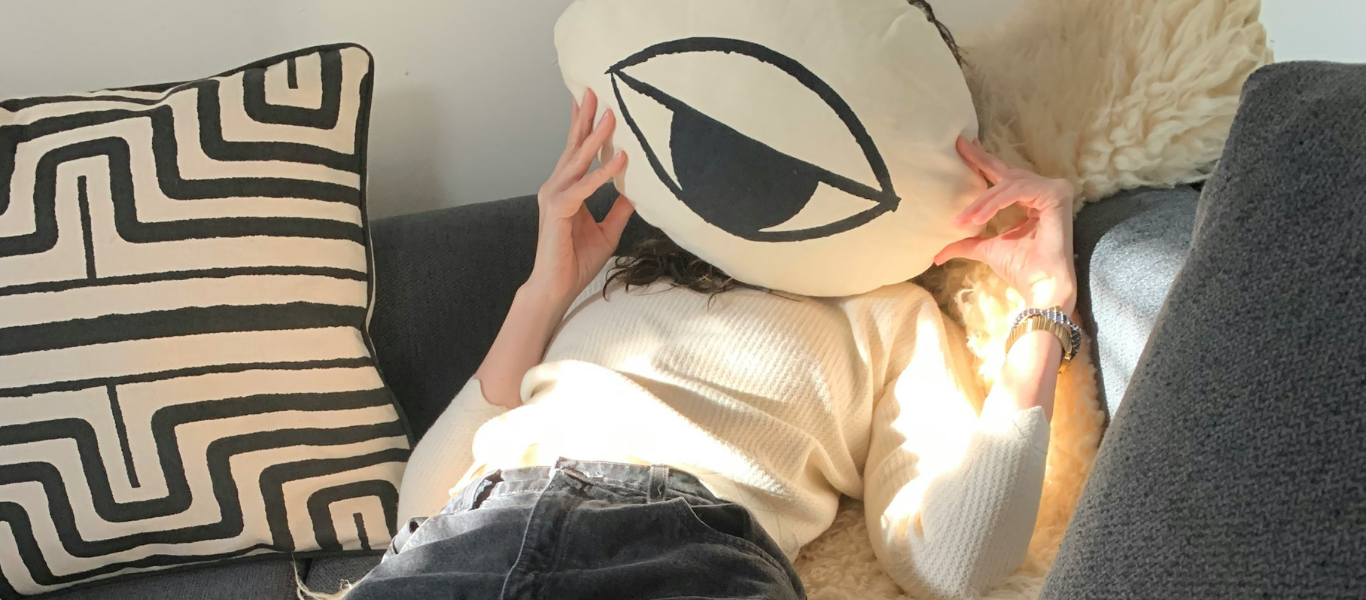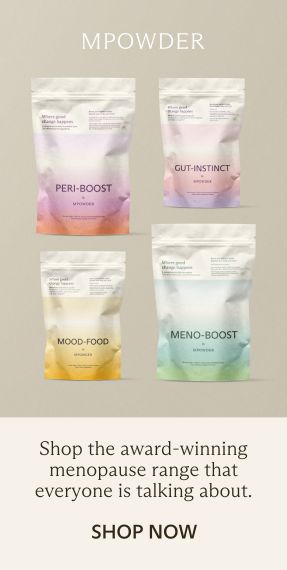Why? Our bodies are undergoing a biochemical transition. The reasons for wakefulness may be physical. In addition, the outside stressors that often present themselves at this lifestage can take their toll.
So, what advice would the experts give those of us struggling with sleep in midlife? We interviewed two of the leading sleep scientists in their respective fields; Dr. Kat Lederle, who focuses on circadian rhythms and mindfulness tools to promote rest, and Dr. Maja Schaedel, a renowned sleep psychologist.
Here are a few key takeaways from the conversation.
Dr. Maja: ‘Perimenopause and menopause are unique periods of huge change - from massive physiological changes caused by hormonal fluctuations to more psychological and social changes, which can include relationship difficulties, increased pressure from ageing parents and teenage children. The difficulty is that these issues can often combine to cause a set of issues which can really get in the way of sleep.’
Dr. Kat: ‘From a physiological perspective, a lack of sleep increases the risk of cardiovascular issues. It impacts how we manage glucose and sugar and our weight. There is a growing body of research pointing to its impact on dementia risk, as well as the impact we feel, individually following a poor night’s sleep - that struggle with cognition, with thinking clearly - and, critically, of thinking creatively and innovatively too. To put it bluntly, we fall apart if we don’t sleep well.’
The myths we need to break:
Dr. Maja:
1.
If you go to bed earlier you will sleep better: Generally speaking if your sleep is disrupted during the night, your sleep is more likely to be disrupted if you go to bed earlier. This is because of something called the Sleep Homeostasis Drive - it describes the pressure that builds up during the day which helps us to sleep. The earlier we go to bed, the less pressure there is and this can affect our sleep quality.
2.
Blue light stops us sleeping: We now know that the impact of blue light has been overplayed and it does not have quite the impact on our sleep that we first thought. Watching TV before bed can be very helpful as it can help people to feel relaxed which is essential to fall asleep.
3.
Alcohol helps sleep: Alcohol is a sedative so people often use it as a sleep aid. However, it has a significant impact on sleep quality and can often lead to more fractious sleep with more frequent awakenings.
3 tips to incorporate into your sleep routine now:
Dr. Kat:
1.
Make your bed time regular. This allows your body clocks to perform beautifully. If you struggle to go to bed, ask yourself why. What is stopping you? It’s unlikely to be an insatiable need to watch the next episode of a tv series! Perhaps you’re worried about something and bed is where you know the dread will surface. Work with the root cause. Reflect on the day you’ve had. Think about what tomorrow will bring. Journal. Explore how you feel - and process all you can before you lie down to rest.
2.
Let in light when you wake. Light is good for our health. In fact, studies in hospitals have shown that patients with a North or East facing window will recover and be discharged before those with a South or West facing aspect.
So, open the curtains. Raise the blinds! Invest in a light box. Getting outside is optimal, but if you can’t, flooding your room with light when you wake up gives an extra signal to our master clock that it is time to be active.
3.
Build in time just for you. Provocatively, I often say you can scroll social media or jump on line if that is what brings you joy. Giving yourself a period of time that brings personal joy is what is key. And, interestingly, when you look at digital tools with that in mind, it’s rarely what we really want to do!
To find out more about our Sleep Experts, head to our consultancy page HERE.
Share Twitter Facebook Pinterest

